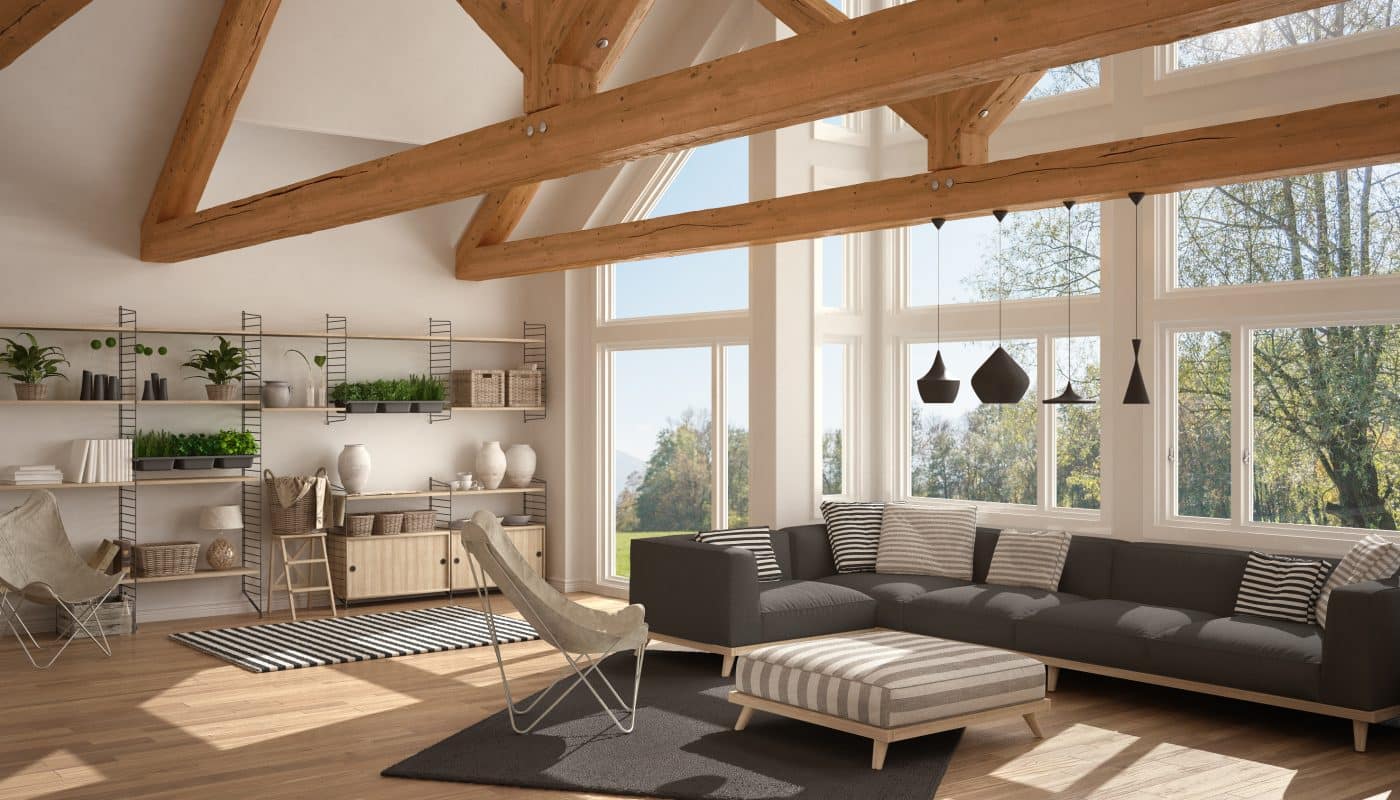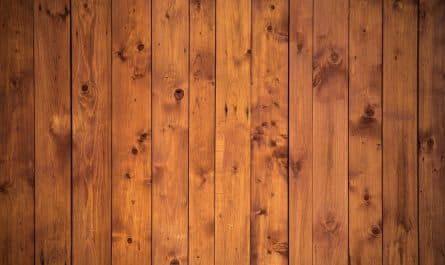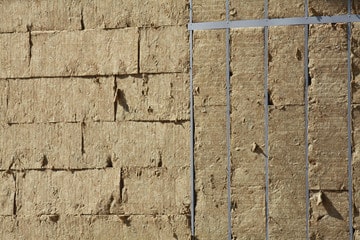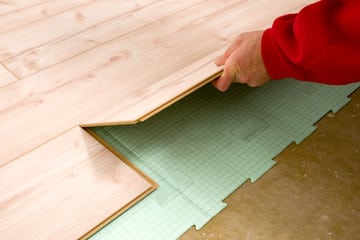Eco-responsible renovation is an increasingly popular trend, because it helps preserve the environment while creating a healthy and pleasant living space. To successfully carry out an eco-responsible renovation of your home, the choice of ecological materials is essential. In this article, we will present to you the criteria to take into account when choosing these materials as well as some examples of eco-materials suitable for your project.
Criteria for selecting ecological materials
To choose ecological materials for your renovation, several criteria should be taken into account:
- The origin of the material : favor local materials in order to limit the environmental impact linked to transport.
- The life cycle : opt for materials whose production, transformation and end of life have a low impact on the environment.
- Technical performance : make sure that the materials chosen meet the technical requirements of your project (resistance, insulation, etc.).
- The cost : even if certain eco-materials are more expensive to purchase, they can be profitable in the long term thanks to their energy performance and their durability.
Eco-materials for renovating your home
There are a multitude of eco-materials that can be integrated into your renovation project. Here are some examples:
- The wood : ecological material par excellence, wood is an excellent choice for the framework, beams, floors or even joinery. Be sure to choose FSC or PEFC certified wood, guaranteeing sustainable forest management.
- Natural insulators : to ensure thermal and acoustic comfort, opt for ecological insulators such as linen wool, cotton wool, cellulose or even wood fiber. These materials help retain heat in winter and stay cool in summer, while respecting the environment.
- Floor coverings : choose sustainable and ecological solutions such as solid wood flooring, natural linoleum or terracotta tiles.
- Ecological paints and varnishes : choose products without solvents or volatile organic compounds (VOCs), which can be harmful to health and the environment.
Focus on some key eco-materials
Straw
Used for centuries in construction, straw is an eco-material with many qualities. In addition to being abundant and inexpensive, it offers excellent thermal and acoustic insulation while being very fire resistant. Straw bale construction can be considered for load-bearing walls or partitions.
Lime
A traditional and ecological material, lime is ideal for interior and exterior coatings. It regulates humidity, purifies the ambient air and has fungicidal and bactericidal properties. In addition, it is compatible with many materials (wood, stone, earth) and comes in several finishes (aerial, hydraulic, colored).
Cellular concrete
Composed of sand, cement, lime and water, cellular concrete is a lightweight material, easy to work with and offering good thermal insulation. It can be used for walls, floors or roof terraces. Cellular concrete is an interesting choice for new constructions or house extensions, although it is not suitable for the renovation of old buildings.
Single-wall bricks
Made from clay, single-wall bricks are an ecological and high-performance material for the construction of load-bearing walls. They have the advantage of offering integrated thermal and acoustic insulation, thus reducing the need to add additional insulation. Single-wall bricks are also weather and fire resistant.
In conclusion, the choice of ecological materials for the eco-responsible renovation of your home must be guided by several criteria such as origin, life cycle, technical performance and cost. Among the eco-materials available on the market, we find in particular wood, natural insulators (linen wool, cotton wool), straw, lime, cellular concrete and even single-wall bricks. Do not hesitate to contact professionals to support you in your project.
The advantages of eco-responsible renovation
Although the principle of eco-responsible renovation is increasingly fashionable, its advantages are also numerous. It significantly reduces energy bills, improves the air quality inside your home, and promotes thermal and acoustic comfort.







